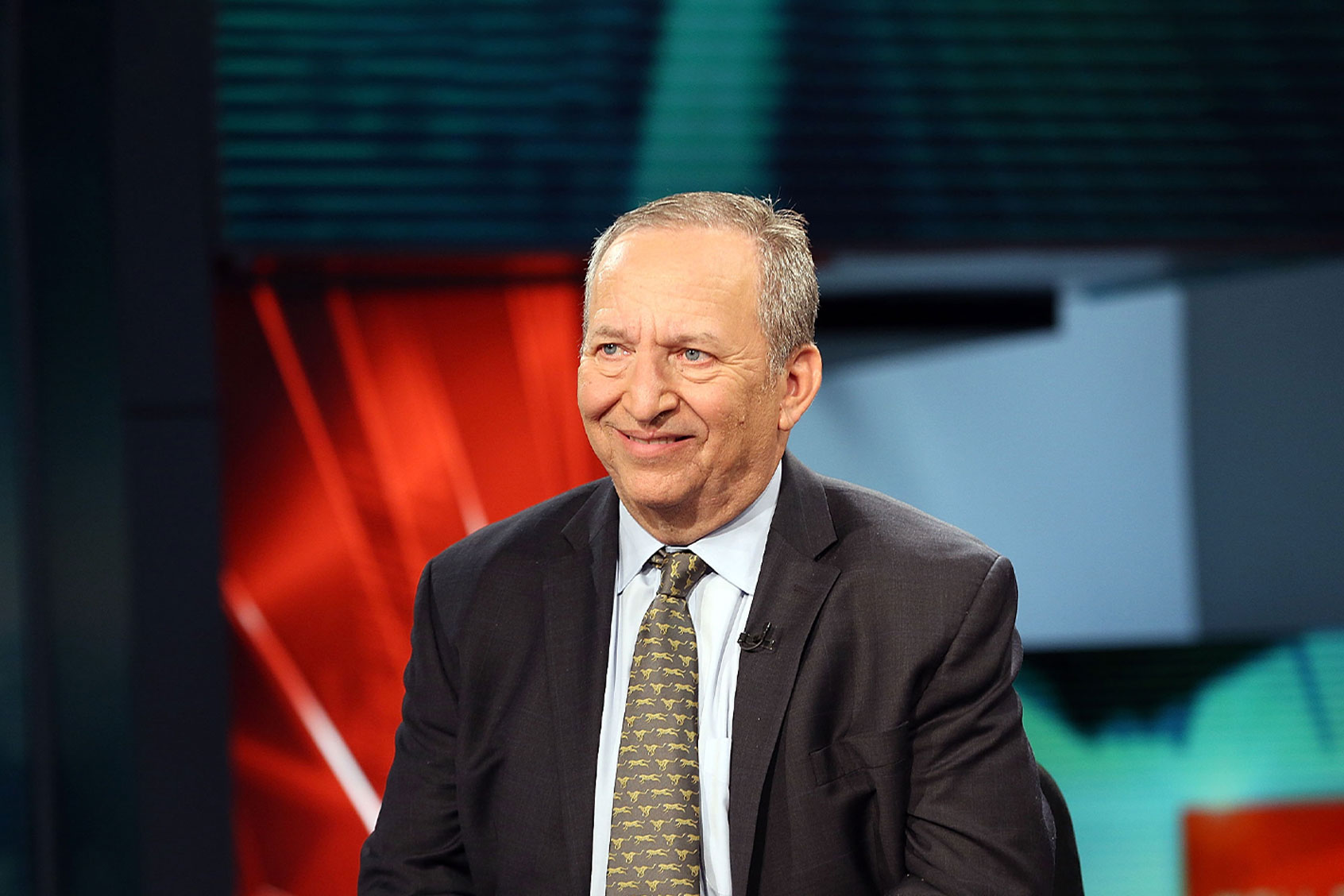Larry Summers, the former U.S. Treasury Secretary and ex-president of Harvard University, has resigned from the board of directors at OpenAI following the release of emails linking him to the late financier Jeffrey Epstein. The resignation, announced on October 4, 2023, comes in the wake of a significant data dump from Epstein’s estate, which revealed extensive correspondence between Summers and Epstein, continuing well into 2019.
In his resignation statement, Summers noted that his decision aligns with a broader withdrawal from public commitments. “In line with my announcement to step away from my public commitments, I have also decided to resign from the board of OpenAI,” he stated. “I am grateful for the opportunity to have served, excited about the potential of the company, and look forward to following their progress.” OpenAI acknowledged his contributions and expressed respect for his choice.
Background on the Epstein Emails
The release of the emails was prompted by the House Oversight Committee, which published thousands of documents from Epstein’s estate. These records reveal regular communication between Summers and Epstein, even after Epstein pleaded guilty to charges related to child prostitution in 2008. The exchanges, which included personal matters such as relationship advice, raised concerns, particularly at Harvard. The university has initiated a review of its ties to Summers and other affiliates mentioned in the newly released documents.
A Harvard spokesperson confirmed to the student newspaper, The Crimson, that the university is assessing what actions may be warranted in light of the revelations. “The University is conducting a review of information concerning individuals at Harvard included in the newly released Jeffrey Epstein documents,” the spokesperson stated.
Summers has publicly expressed remorse regarding his relationship with Epstein, admitting he is “deeply ashamed” and takes full responsibility for maintaining contact with him.
Impact on Political Affiliations
Before the email disclosures, Summers was a notable figure in liberal politics, actively participating in the Center for American Progress (CAP). Reports indicate he was involved in shaping an economic agenda for the next Democratic administration. In light of the recent events, CAP announced that Summers would no longer serve as a fellow.
Other organizations, including The New York Times and the Center for Global Development, have also confirmed that they will end their affiliations with him. This swift fallout highlights the significant repercussions stemming from the Epstein correspondence.
As the situation continues to evolve, Summers’ resignation from OpenAI underscores the ongoing impact of the Epstein scandal on various public figures and institutions. The broader implications for political and academic affiliations remain to be seen as reviews and assessments take place.
